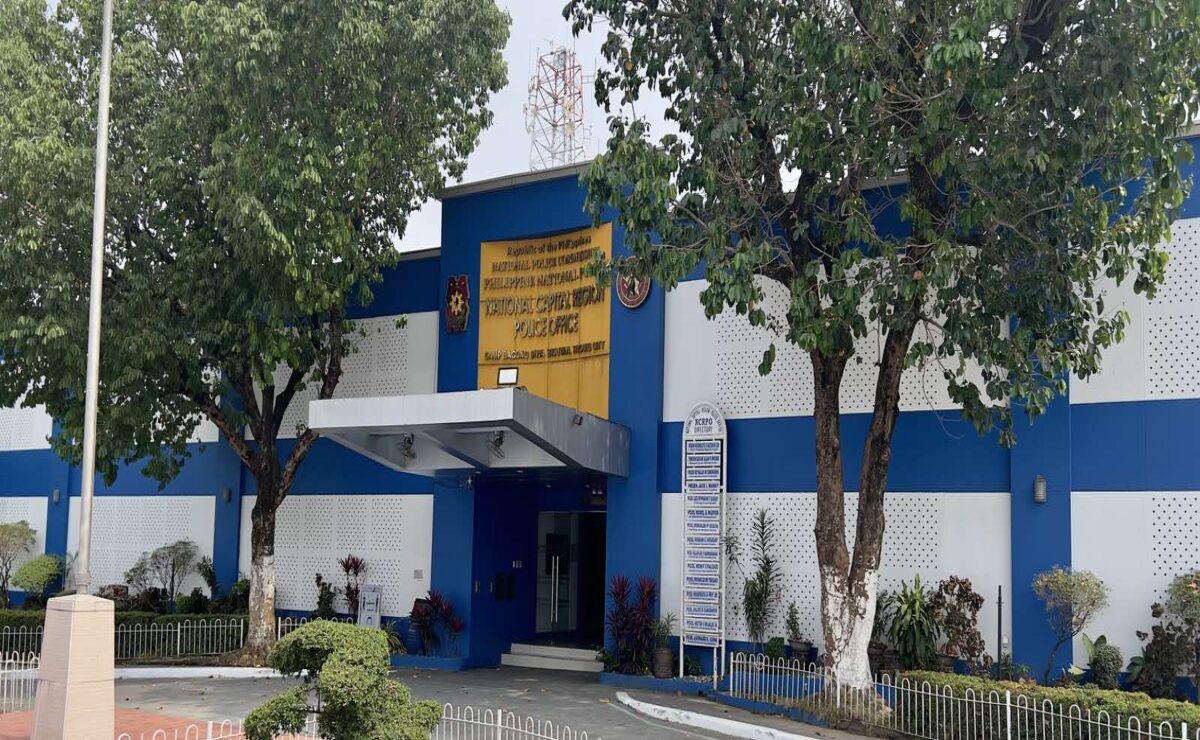A film co-produced by Melinda S. Kavanaugh, professor of social work at UWM, will screen at the Milwaukee Film Festival . LUKi & the Lights was created to help children around the world understand ALS in an easily accessible way.
The story follows the lovable robot LUKi as his mobility declines and he lives with an ALS diagnosis. Set in the colorful and bucolic environs of the Netherlands, replete with tulips and a windmill, the animated short film begins with a heartwarming scene of LUKi enjoying his day-to-day life of work and hobbies. Slowly, his functioning and mobility wane and an ALS diagnosis alters his life.

He expresses anger, sadness and gradually relies on his friends for caregiving. Without using language – or humans – the film conveys the emotional and disruptive experience of going through a medical diagnosis. As lightbulbs flicker and LUKi’s bright eyes fade, the letters ALS appear on screen.
“There’s no language – we did that on purpose so that kids around the world would be able to connect with and understand the story,” Kavanaugh said. Global connection leads to film Kavanaugh is one of the few researchers in the world who focuses on children in families living with and providing care for neurological disorders. Her young adult graphic novel about ALS and other motor neuron diseases has been translated into 13 languages.
Sascha Groen and Anjo Snijders, both teachers in the Netherlands, created the story of LUKi to help explain ALS to their children after Anjo was diagnosed with the disease. They were familiar with Kavanaugh’s graphic novel, “Real Kids Talk About ALS,” which had recently been translated into Dutch. They reached out about bringing their concept to life.
“At the time, I was the only person at the global level conducting research and building programs for children and youth in ALS or motor neuron diseases,” Kavanaugh said. Groen explained her idea about a robot and their dream to work with a Hollywood animation studio. California-based studio Big Grin Productions built out the storyline in the context of animation with Kavanaugh, Groen and Snijders involved every step of the way.
The ALS Association and the nonprofit Global Neuro YCare funded the project. The film seamlessly integrates LUKi’s story arc with information about ALS. Kavanaugh explains that they wanted to show ALS progressing and eventually affecting LUKi’s whole body.
Kavanaugh worked alongside Groen, Snijders and Big Grin Productions to ensure a realistic portrayal of the disease in the film. Defining moments of the film include LUKi using a respirator and needing help bathing. “The other thing that we really wanted to show was caregiving.
Showing progression and being honest with the disease,” Kavanaugh said. Snijders died of ALS last year, but he got to see the film before he passed. The film, as well as a LUKi coloring book and materials for families and organizations, are available on the Global Neuro YCare website .
International reception Luki & the Lights has appeared at film fests across the world and was shortlisted for an Oscar in December 2024. Winning Best Animation US Short Film at the New York Animation Film Awards pushed the film into Oscar territory, Kavanaugh said. The film’s awards include Best Family Film at San Jose International Short Film Festival, Fonderie Horne Youth Prize at Festival de Cinéma International en Abitibi-Témiscamingue, Best Short Film for Animation at UK Film Studios, and the Will Vinton Animation Award at the 2024 Portland Film Festival, among others.
It was also featured at Superfest Disability Film Festival, the longest-running disability film festival in the world..
Health

UWM professor’s film about ALS screens at Milwaukee Film Festival

"LUKi & the Lights" was created to help children around the world understand the disease in an easily accessible way. The story follows the lovable robot LUKi as his mobility declines and he lives with an ALS diagnosis. The post UWM professor’s film about ALS screens at Milwaukee Film Festival appeared first on UWM REPORT.















